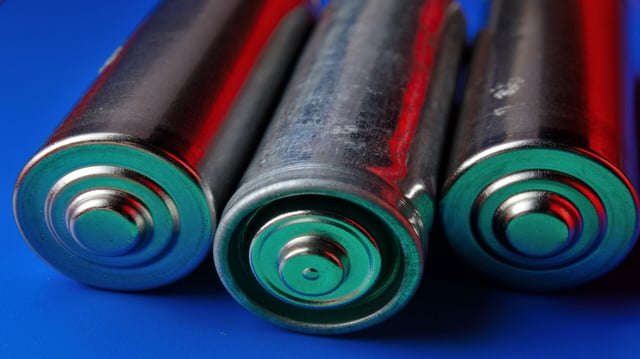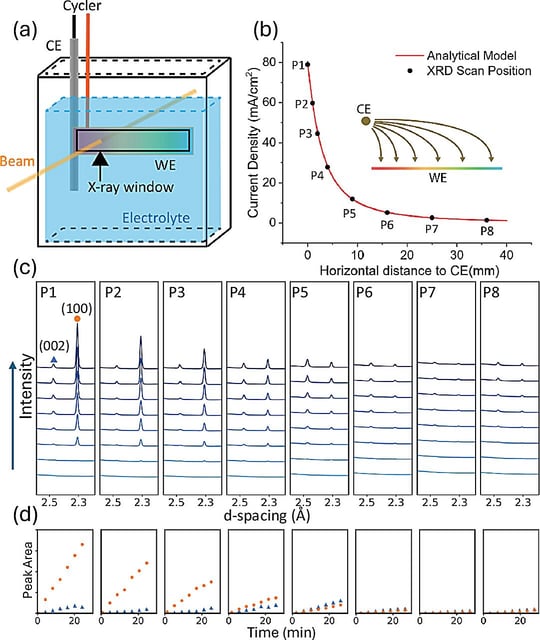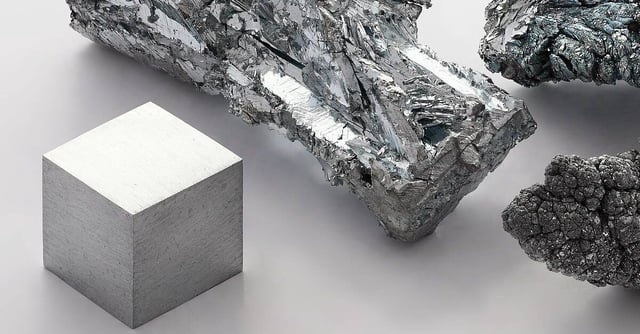Overview
- Led by Hailong Chen, the Georgia Tech team found that higher charging currents suppressed dendrite growth on zinc anodes and improved performance.
- The peer-reviewed results were published in Nature Communications, confirming an effect opposite to well-known lithium-ion behavior under fast charging.
- The researchers built a custom high-throughput system with real-time observation, including in situ X-ray diffraction, to map rate-dependent zinc deposition across many conditions.
- Under rapid charging, zinc formed smooth, dense layers that lowered short-circuit risk and extended cycle life in laboratory tests.
- Work now focuses on cathode advances and zinc blends to enable robust full cells, with potential commercialization in roughly five years if development milestones are met.


